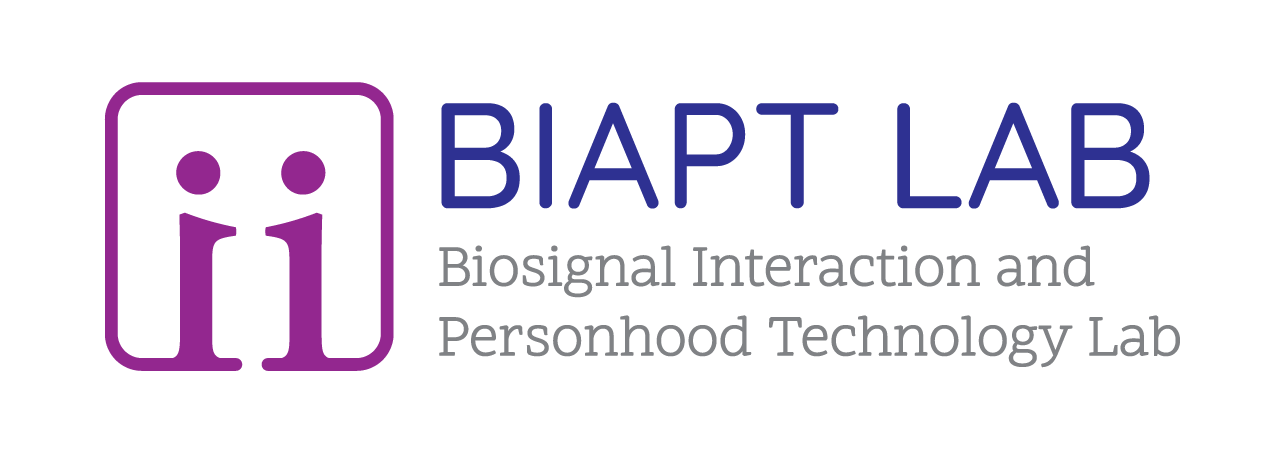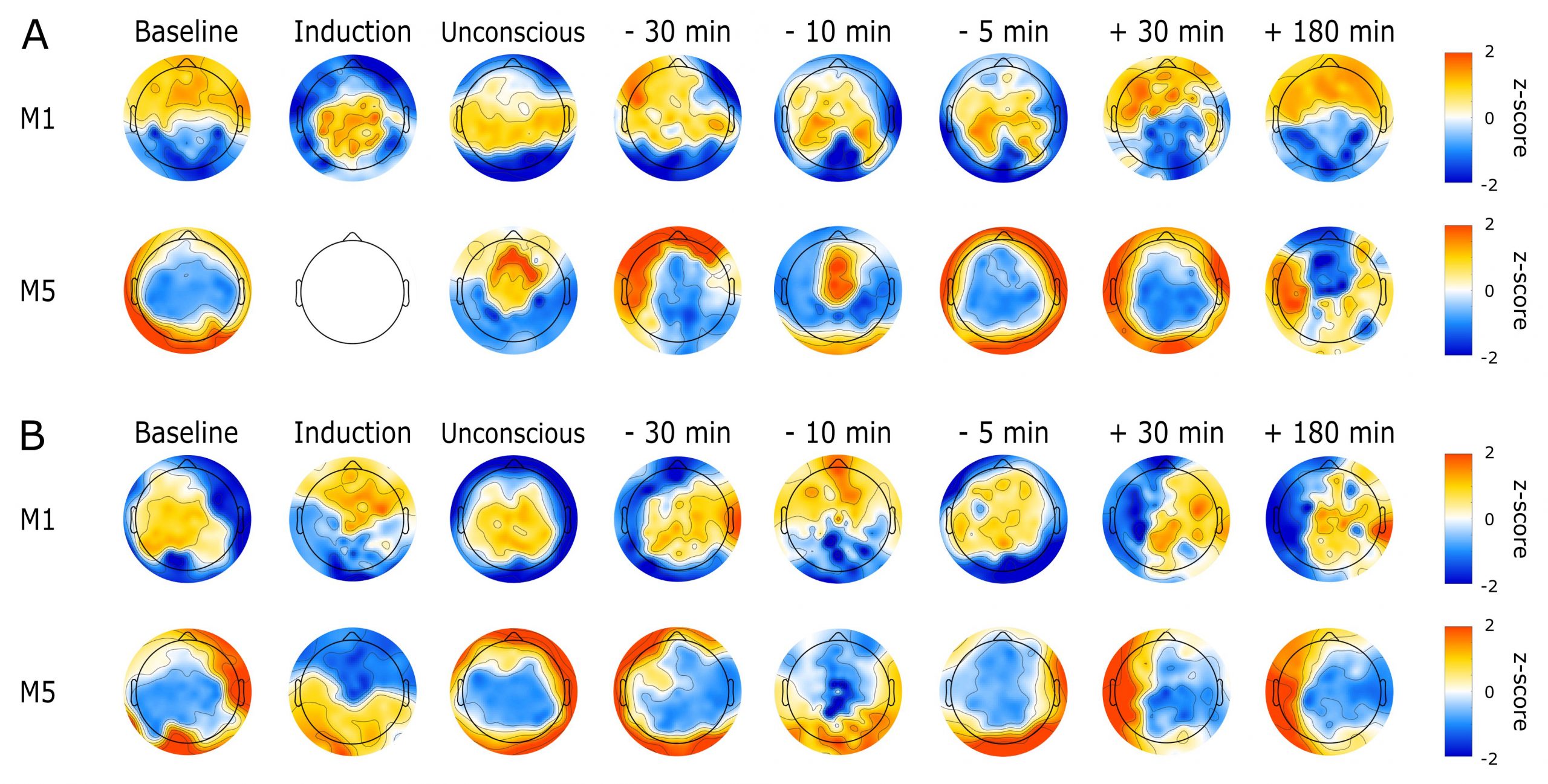Concussions are the most commonly experienced form of traumatic brain injury. Currently, there is no stand-alone tool capable of diagnosing concussion with sufficient accuracy. Clinicians rely on a battery of assessments that are largely subjective, are prone to learning effects, and can be manipulated by patient effort. Furthermore, most of the available tools for concussion diagnosis and management were developed for adults and have not been adjusted to the developmental needs of children or validated in pediatric populations. The primary goal of this project is to determine what neurophysiological features can accurately distinguish children with concussion from non-injured children, which can lead to the discovery of a concussion biomarker that is objective, stable over time, and unaffected by patient malingering. Additionally, understanding the relationship between neurophysiological outcomes and performance on clinical concussion assessments, the secondary purpose of this study, can improve injury prognosis and lead to earlier enrollment in rehabilitation services. This project is funded through a Canadian Institutes of Health Research Fellowship.
Main Study
The Neural Correlates of Concussion Study is actively recruiting adolescents (ages 12-17) with concussion who sustained their injury within the past 10 days. We record electroencephalography (EEG) during rest and a brief cognitive test using a clinically-friendly system during a single, in-person test session. We also record concussion symptoms, cognitive, balance, visual/vestibular, and quality of life outcomes at this time. These are common assessments used in the diagnosis and management of concussion. We follow-up with individuals via phone or email two times to track symptoms and quality of life outcomes over the first 6-months following injury.
Control Study
The Neural Correlates of Concussion Study is also actively recruiting healthy adolescents (ages 12-17) with no recent history of concussion as a comparison group. We will perform the same testing battery as the adolescents with concussion, including EEG, symptoms, cognitive, balance, visual/vestibular, and quality of life assessments. Healthy participants complete the single, in-person test session at their convenience, but the two follow-up sessions will be performed at same interval as participants with concussion.
The BIAPT team member leading this project is Liz Teel. If you know an adolescent with a recently diagnosed concussion or a healthy adolescent with no recent injury history who may be a candidate for this study, please contact us directly.

